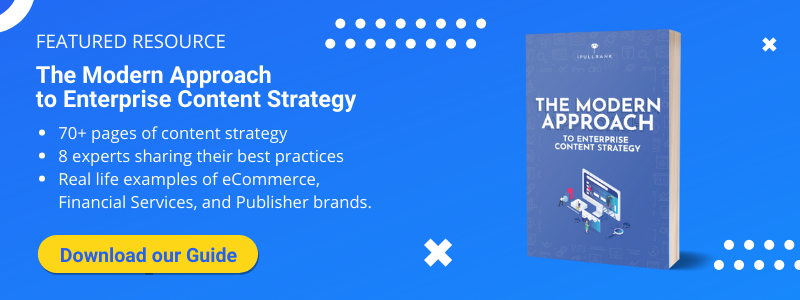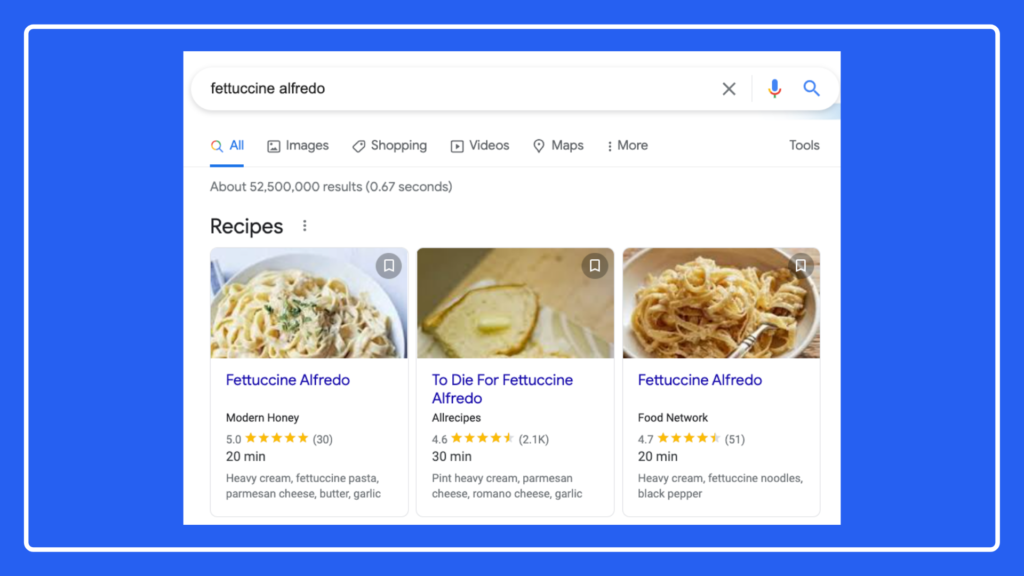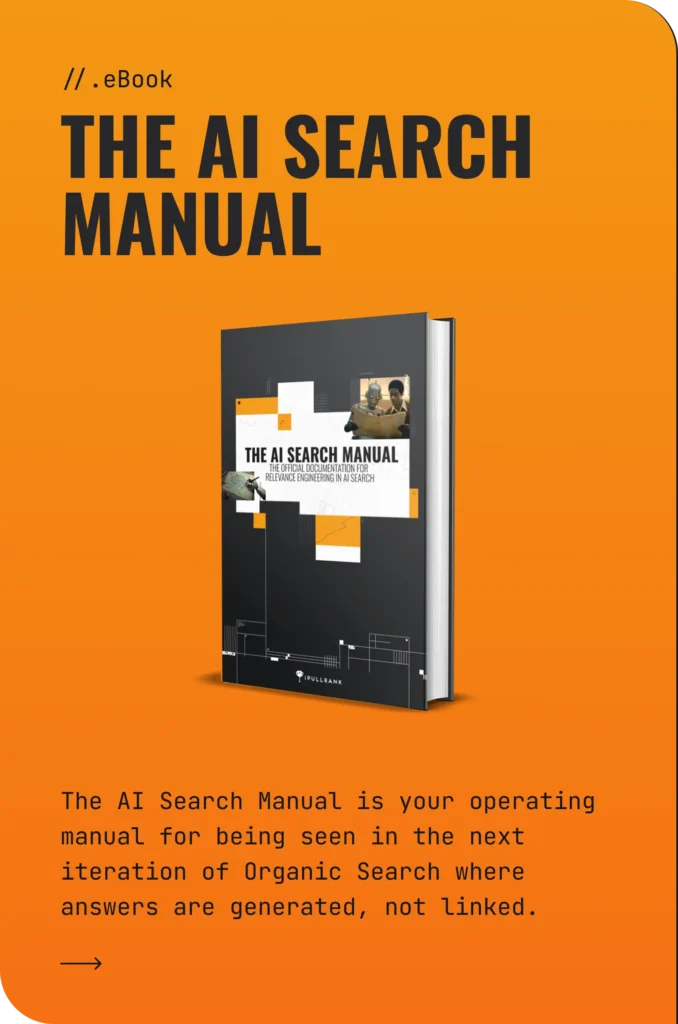Search engine result pages (SERPs) can be very competitive.
Even if you write a ton of content, it does not mean you are going to rank. Google is known for introducing new rich snippets and information such as video and step-by-step content as well as a mortgage calculator.
These changes to SERPs can have a dramatic impact on your strategy and should be monitored daily. Even if you rank number 1, your ranking still might be below the fold after ads and a rich snippet or two, which is why it’s so important to not just look at your rankings, but the actual SERP.
Keep in mind that with different locations and devices, various elements of a SERP can change or showcase a potential loss of clicks.
Evaluating the intent of your keywords
You need to take a step back and understand the keyword landscape as well as your own goals. Focus on leveraging PPC to find what converts before you put time and energy into writing content that may or may not rank. You should also understand the keywords’ search intent and what the offer would be post-click.
If you are targeting an informational keyword, you should be offering an ebook or whitepaper as the call to action. You can leverage this landing page to test various content layouts and templates for how you plan to create hundreds of SEO-optimized pages for all of the keywords you will be going after. Although PPC is a great way to test conversion, the best way to make sure your rankings are not stolen is to get the user to search for your brand name.
Using Data Structured Markup in Your Content
When writing content, you will want to make sure you are leveraging semantic markup (schema.org) when possible. Google has a great list of how to leverage structured data for your content type.
https://developers.google.com/search/docs/advanced/structured-data/search-gallery
If you have a recipe website and you are trying to rank for fettuccine alfredo, make sure you are leveraging recipe schema.
If you are committing code in a common service business like landscaping, try and leverage FAQ schema to earn placement on things that people are always asking.
Here is some sample JSON-LD FAQ code:
No matter what you are publishing, try to leverage structured data. Sometimes, the best way to prevent rich snippets from stealing traffic is by winning the rich snippet and being the brand that searchers discover.
Leveraging People Also Ask
Your content should leverage what people are asking as well as what people are searching for. Take a step back and run your own queries and see what comes back from the SERPs.
Are you including the answers to these questions in your content? Are you able to find nuggets of topics or ideas that spark you to help the future reader understand a specific topic?
Be sure to use the People Also Ask snippets as a way to provide clues of the content that you should be focusing on. This data is already being presented in the SERPs, so you know it is already being searched.
Building content takes time. But having a format and structure on what is to be built, streamlines the process of going from a list of ideas and topics to content on a page that ranks.
You need to leverage your content and offer it in a few different formats to make the most of it. If the SERP of your targeted keyword includes video results, how can you win those video SERPs or elevate your own content videos?
You could create a short 1-minute video showing a concept or an idea. You could even include a screenshot explaining the content that might be used for a presentation and included in a post. Here is a simple layout that focuses on the various mediums.
This allows you to target your content for both organic search as well as video search to hopefully show up on the video SERP snippet.
Bringing Together Content Mediums and New SERP Features
Be sure to leverage your assets for multiple mediums as people search in different ways.
Keep in mind that SERPs are always changing and even with search engines innovating with new features that might steal your clicks, you should be embracing the opportunity of change and finding ways to leverage the change.







